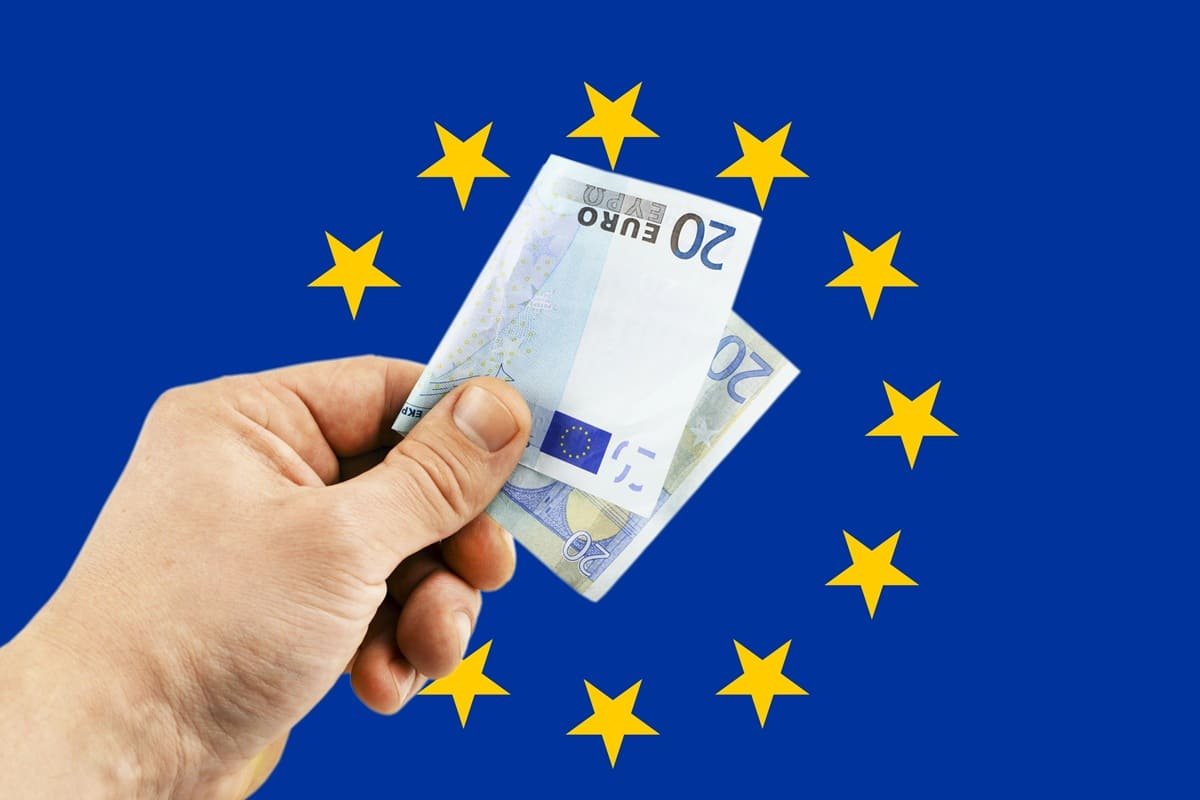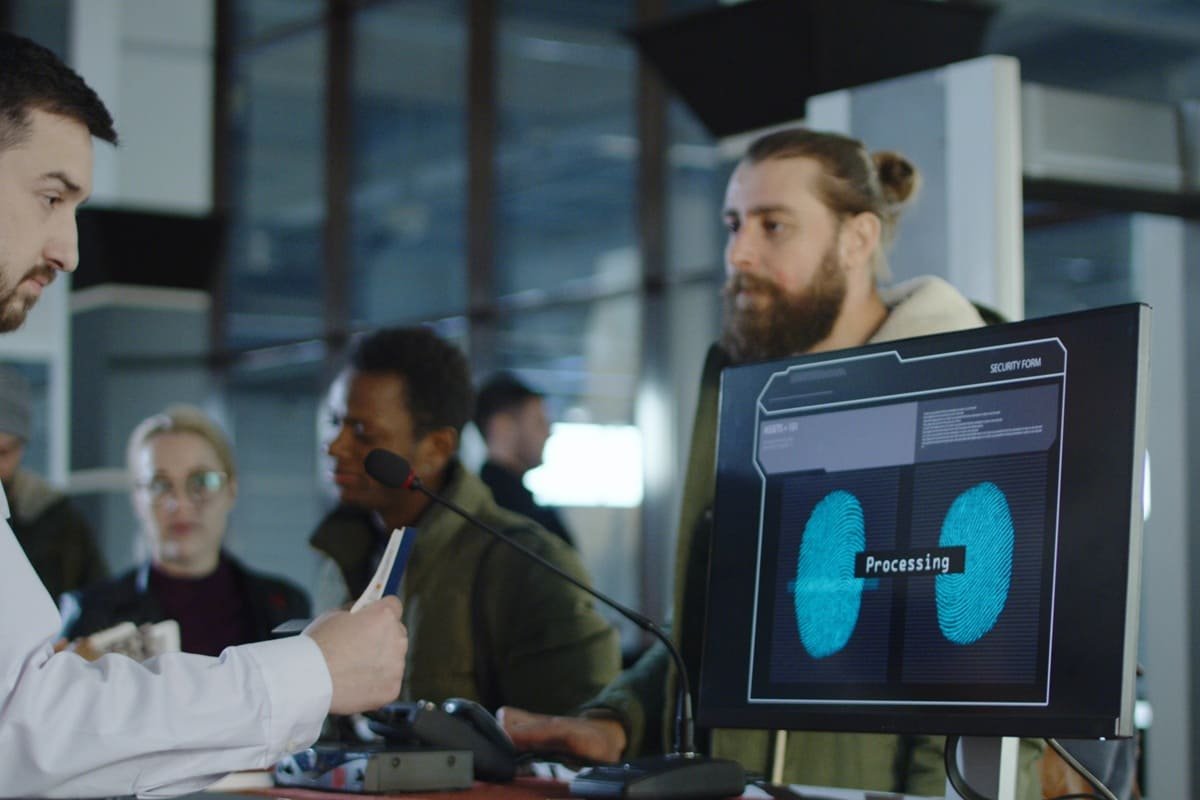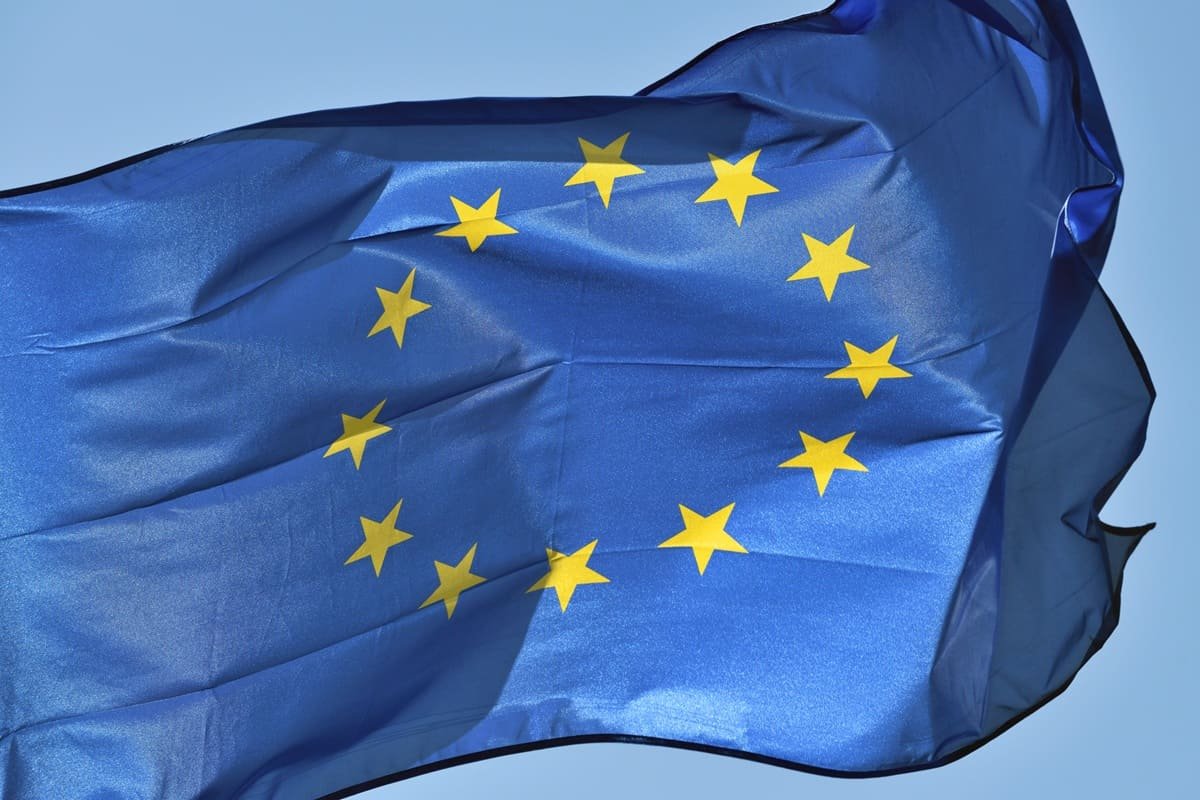The fee for the ETIAS electronic travel authorization, expected at the end of 2026, will increase from €7 to €20. This decision by the European Commission aims to cover the system’s costs and align it with international standards. However, several European tourism stakeholders have expressed reservations…
On July 17, 2025, the European Commission announced that the ETIAS fee would ultimately be set at €20 when it comes into force. Envisaged for several months, this price increase is now clearly indicated on the official application portal for the future electronic travel authorization: travel-europe.europa.eu/etias.
Initially set at €7 in the first communications about the project, this amount will apply when the system comes into force, scheduled for the last quarter of 2026.
The ETIAS (European Travel Information and Authorization System) will apply to nationals of visa-exempt countries wishing to travel to the Schengen area for short stays (up to 90 days in any 180-day period). The authorization will be valid for three years or until the passport expires.
An increase in the ETIAS application fee to “cover the operational costs of the system”
In its official communication, the Commission justifies this increase in particular by the need to ensure the effective and sustainable functioning of the system.
“This increase aims to cover the operational costs of the European Travel Information and Authorisation System (ETIAS), taking into account the rise in inflation since the previous fee was set and the increased functionalities of the system,” the European authorities announced.
The Commission also specifies that certain categories of travelers will remain exempt from payment, including minors, people over 70, and certain family members of European citizens.
An international comparison
The Directorate-General for Migration and Home Affairs also explains that this measure “will also bring the fee in line with other similar travel authorisation programmes, such as the UK ETA and the US ESTA.”
The table below shows how ETIAS fits into the international landscape of electronic travel authorizations for visa-exempt travelers:
| System | Fee | Validity |
|---|---|---|
| ETIAS (UE) | €20 (≃ USD 24) | 3 years |
| ESTA (US) | USD 21 | 2 years |
| ETA (UK) | £16 (≃ USD 22) | 2 years |
| eTA (Canada) | CAD 7 (≃ USD 5) | 5 years |
| K-ETA (South Korea) | 10,000 KRW (≃ USD 8) | 3 years |
| ETA-IL (Israel) | 25 ₪ (≃ USD 8) | 2 years |
| NZeTA (New Zealand) | NZD 117 (≃ USD 70) | 2 years |
| ETA (Australia) | AUD 20 (≃ USD 13) | 1 year |
A measure already criticized by the tourism sector
In a recent press release, several organizations representing the European tourism sector expressed their concern about the consequences of this increase. Signatories include ETOA, HOTREC, A4E, IAAPA, and IRU.
“The proposed fee increase raises questions about proportionality and fairness at a time when Europe’s tourism sector continues to face the combined pressures of geopolitical instability, high inflation, and rising operational costs,” the statement said.
European travel industry professionals point out that “this increase appears disproportionate and runs counter to the original intention of the colegislators (European Parliament and Council), who agreed to a modest and reasonable fee during the 2018 negotiations – a key outcome supported by the travel and tourism sector.”
Their position is based on several points:
- The €20 fee is considered high compared to the initial compromise of €7 negotiated in 2018.
- The lack of transparency is highlighted: no public impact assessment or comparison with alternative fees (e.g., €10 or €12) has been presented.
- The organizations are calling for any surplus revenue generated by ETIAS to be reinvested in tourism-related projects, such as infrastructure or training.
A system under construction, between efficiency and acceptability
With the fee now set at €20, ETIAS is entering a new phase of its development.
While its objectives are clear—securing borders, harmonizing procedures, and self-financing—its implementation will still need to win over several groups. The acceptability of the measure by travelers, the smoothness of the registration process, and the equitable distribution of the revenue generated will be among the key indicators of success.
As the deadline approaches, dialogue between European institutions and industry professionals will be crucial. ETIAS will not only be a technical control tool, but also a new point of contact between Europe and those who visit it. It will be up to ETIAS to combine rigor and hospitality.







